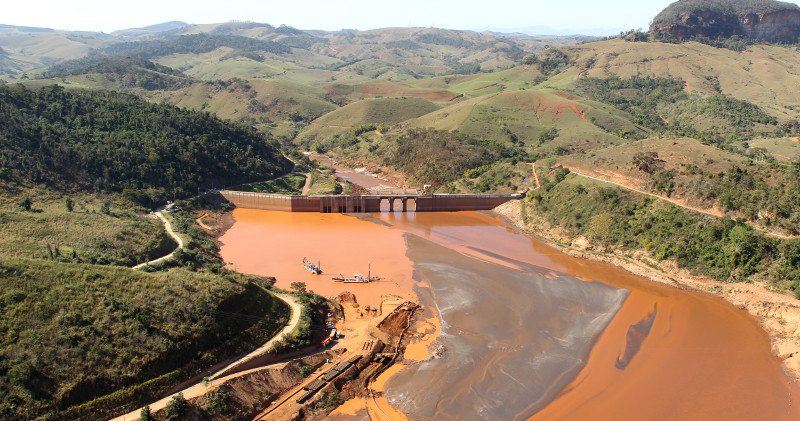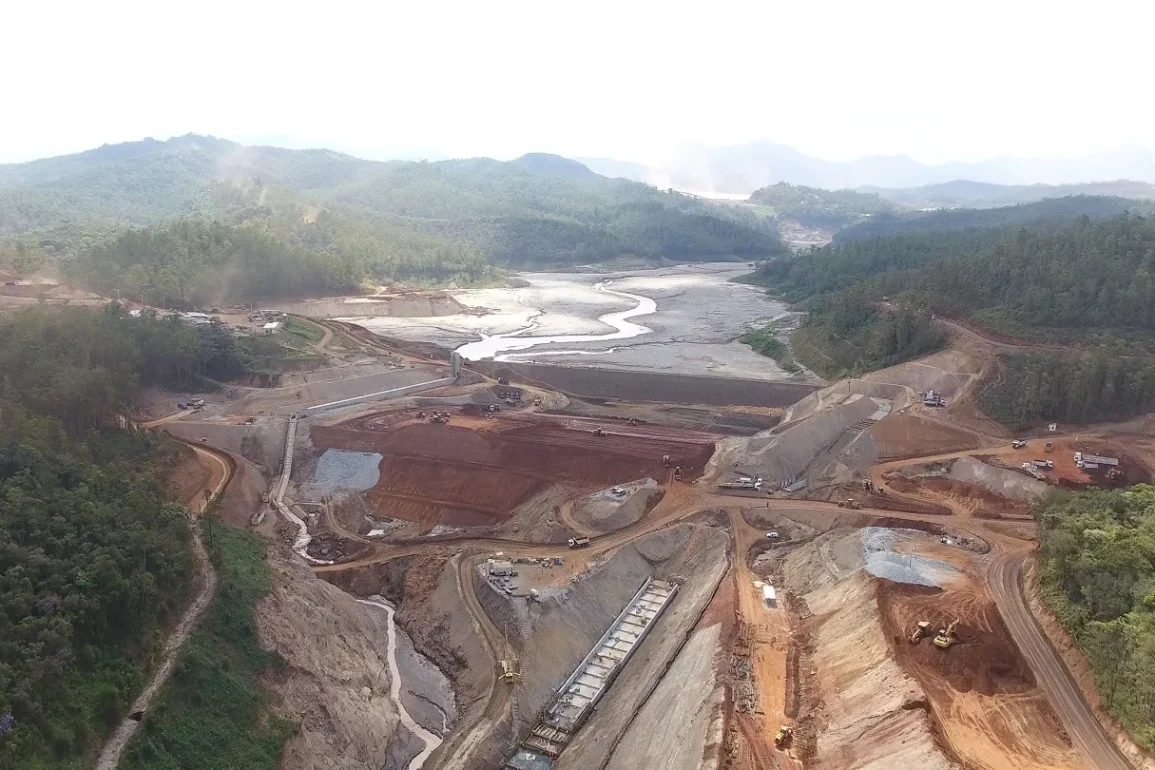In one of Brazil’s worst environmental disasters, Gelvana Aparecida Rodrigues da Silva lost her seven-year-old son, Thiago, when the Fundão dam near Mariana collapsed on November 5, 2015. The dam’s failure released millions of cubic meters of toxic iron ore waste, which rushed through nearby communities, including Bento Rodrigues, killing 19 people.
Thiago, who had been staying with his grandmother, was torn from her arms in the flood. His body was found 60 miles away a week later. Gelvana describes this moment as the end of her life, a devastating loss she continues to endure.
The environmental destruction caused by the dam’s collapse was vast, affecting several municipalities and causing extensive damage to infrastructure, homes, businesses, and historical sites. Wildlife, farmland, and priceless cultural artifacts were lost, exacerbating the disaster’s impact.
Now, in a significant legal case, Gelvana and more than 620,000 other individuals, businesses, and institutions are seeking justice and compensation from the Anglo-Australian mining company BHP. They claim BHP is responsible as it is a major shareholder in Samarco, the joint venture that managed the dam.

The claimants argue that BHP, along with its Brazilian partner Vale, was negligent in expanding the dam despite being aware of its risks. Represented by the international law firm Pogust Goodhead, the claimants are seeking up to $44 billion in compensation.
This case, the largest group claim in English legal history, will be heard in a London court starting October 21, 2024, and is expected to last 12 weeks. The victims accuse the companies of environmental negligence and racism, arguing that the disaster was preventable.
In response, BHP and its partners established the Renova Foundation in 2016 to address the disaster’s fallout. The foundation has spent more than $7.7 billion on compensation, infrastructure rebuilding, and environmental repairs.
BHP insists it is committed to working with Brazilian authorities to ensure a fair resolution for the affected communities and emphasizes that any legal action in the UK could delay compensation until 2028. The company claims it was only a non-operating partner in the joint venture and denies having direct control over the dam’s operations.
Despite these efforts, Gelvana and other victims are pushing for accountability, emphasizing that no compensation can replace their lost loved ones. Gelvana’s focus is on seeking justice to prevent future tragedies.
According to Tom Goodhead, the lead lawyer, this group action is not only historic in its scale but could set a global precedent for holding corporations accountable for environmental disasters. The outcome of the trial could reshape how such cases are handled in the future.

